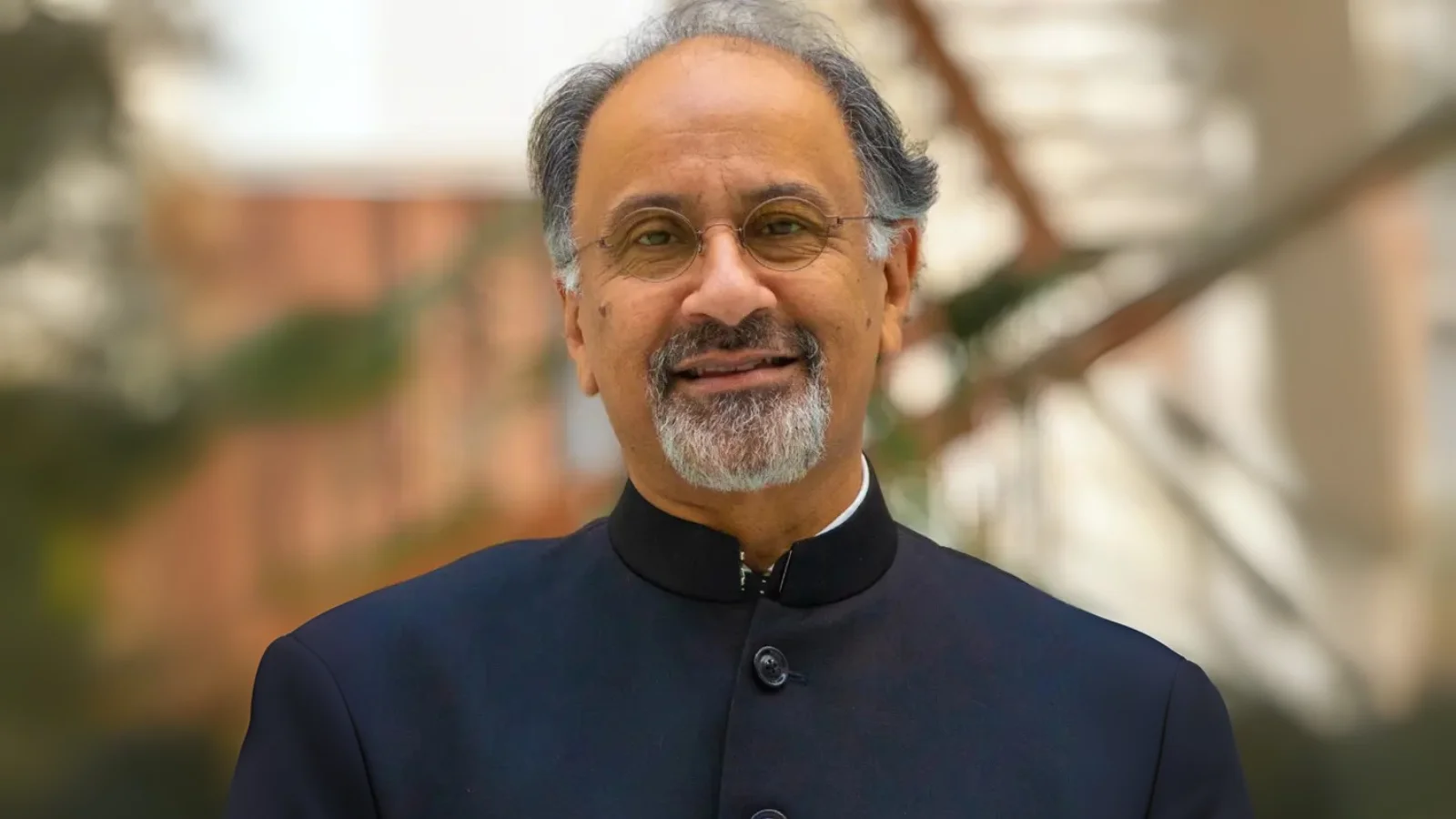Entrepreneurs and organizations in South Asia are developing new ways to reduce waste and create jobs, with a focus on supporting rural communities and addressing environmental challenges. One example is Saathi, a company in India co-founded by Kristen Kagetsu. Saathi uses banana fiber to make biodegradable sanitary pads, which decompose within six months. The initiative aims to address plastic pollution, period poverty, and unemployment in rural areas by employing women in manufacturing and providing banana farmers with additional income.
Agriculture employs nearly 40 percent of the workforce in South Asia, but more than 30 percent of food produced is lost or wasted. This loss impacts food security, farmer incomes, and increases vulnerability to climate change. Efforts to reduce food loss and waste (FLW) are seen as a way to create jobs, improve nutrition, and build resilience across the region.
The SAPLING platform—South Asian Policy Leadership for Improved Nutrition and Growth—is organized by the World Bank with support from the Gates Foundation and other partners. It brings together leaders to discuss how innovation can transform food systems in the region.
Young entrepreneurs are at the forefront of these efforts. Sophiya Tamang of Nepal’s Mandala AgriFresh developed "magic bags" that extend produce shelf life for smallholder farmers, helping them access urban markets. Narayan Lal Gurjar from EF Polymer in India created a biodegradable polymer from fruit peels that helps retain soil moisture for crops. Som Narayan of Carbonlites has developed technology that converts organic waste into clean energy and biofertilizer, reducing landfill use while supporting local farmers.
Sophiya Tamang explained some of the challenges faced by farmers: “Even if we had cold storage, we didn’t have cold-storage-worthy produce.” Her company now provides low-cost technologies tailored to farmer needs.
Governments are beginning to align policies across sectors to support these innovations. In Sri Lanka, investments are being made in digital logistics platforms connecting smallholder farmers with urban markets while creating green jobs in waste management and agri-processing. India’s Open Network for Digital Commerce (ONDC) connects farmer producer organizations with e-commerce platforms to help reduce post-harvest losses.
Indonesia’s national roadmap aims to cut FLW by 50 percent by 2030 through regulatory reforms, digital infrastructure development, and financing mechanisms—a model suggested as replicable for South Asia.
At an innovation fair during the SAPLING convening, youth-led enterprises demonstrated inclusive solutions such as transforming crop residue into clean-burning pellets for cookstoves—a project led by Akshansh Kataria from Ecosense—which helps reduce indoor air pollution while empowering rural women economically.
Archana Vyas of the Gates Foundation said: “Empowering smallholders, especially women and youth, is not just about equity, it’s essential for resilience.”
Participants emphasized that moving from dialogue to action will require supporting youth-led enterprises, investing in women farmers, and making policy decisions based on evidence reflecting those most affected by food insecurity and climate change.
The SAPLING dialogue highlighted three main priorities: invest in youth-led technological solutions that reduce FLW; integrate food, water, and energy policies; include women and marginalized communities throughout the value chain.
Organizers say scaling successful initiatives will require increased funding and stronger connections between innovators, investors, policymakers, and communities.

